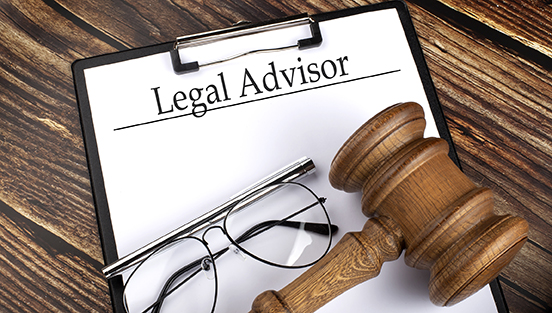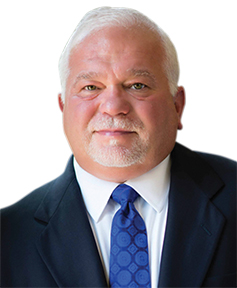Believe it or not, I actually like being an attorney. Granted, some days I like it a lot more than others, but I think is that probably true with any profession.
I get to interact with people — help them solve problems and see a little justice served. And, I get to say things like, “I object” in open court, just like they do on TV.
With all that said, there are a couple of ways surefire ways for attorneys to find themselves disbarred. One of those is to violate attorney-client privilege.
For those keeping score at home, attorney-client privilege (A/C privilege, for short) ensures the confidentiality of communications between a client and his or her attorney. In the broadest possible terms that means that, for the most part, what you tell your attorney is confidential. The concepts date back to the days of Queen Elizabeth and English common law. A/C privilege was first recognized by the U.S. Supreme Court in 1906.
In a 1998 U.S. Supreme Court case addressing A/C privilege, Chief Justice William Rehnquist summed up the importance of that privilege by stating that A/C privilege is “intended to encourage full and frank communication between attorneys and their clients, and thereby promote broader public interest in the observance of the law and the administration of justice.”
That seems logical and, to be honest, pretty straightforward. But the facts are what make this particular case interesting.
This case involved the investigation of President Bill Clinton, and it involved notes taken by a lawyer for White House aide Vincent Foster regarding the Whitewater real estate deal. Special prosecutor Ken Starr was seeking access to the notes through a grand jury. To make matters interesting, Foster died just nine days after the conversation in question, of an apparent suicide. Part of the question was whether A/C privilege survives the death of the client. In this case, the U.S. Supreme Court ruled in a 6-3 decision that A/C privilege does indeed survive the death of the client.
So, we know that the privilege can survive death but what makes a conversation qualify for this protection? Simply talking to a lawyer is not enough.
Generally, A/C privilege applies only if (1) the holder of the privilege is a client or is trying to become a client; (2) the person to whom the communication was made is a member of the bar of a court or a subordinate; (3) the encounter occurs only when the lawyer is acting in a legal capacity and the disclosure is not for the purpose of committing a crime; and (4) the privilege has been asserted.
To paraphrase the above, the general requirements for the privilege to apply are:
- You are a client;
- I am a lawyer;
- The disclosure is not related to a crime; and
- You claim the privilege.
Of course, over time, the courts have carved out exceptions to A/C privilege. It is what they do, and it keeps lawyers employed.
The biggest exception — and the most cited — is the crime/fraud exception. The other exceptions involve a fiduciary exception (think trust and estate cases) and the “on the advice of counsel” exception, which is used as a defense. The last two exceptions are not that much fun to talk about, so I will briefly mention the first.
The crime-fraud exception arose in a U.S. Supreme Court case more than 100 years ago. The exception basically covers communications that further a crime, tort or fraud. In other words, if you are silly enough to discuss your future crime spree with your attorney, the conversation is not privileged.
Needless to say, there are lots of issues we could discuss regarding A/C privilege and its application; however, I am running out of space — and I am confident your eyes have already glazed over.
In closing, the thing to understand is this: Not every conversation is protected. If you have questions or concerns, ask your attorney.
Brad Klepper is a regular contributor to The Trucker, providing valuable information for drivers and motor carriers. He is also president of Interstate Trucker Ltd., a law firm entirely dedicated to legal defense of the nation’s commercial drivers. Brad is also president of Driver’s Legal Plan, which allows member drivers access to his firm’s services at discounted rates.












